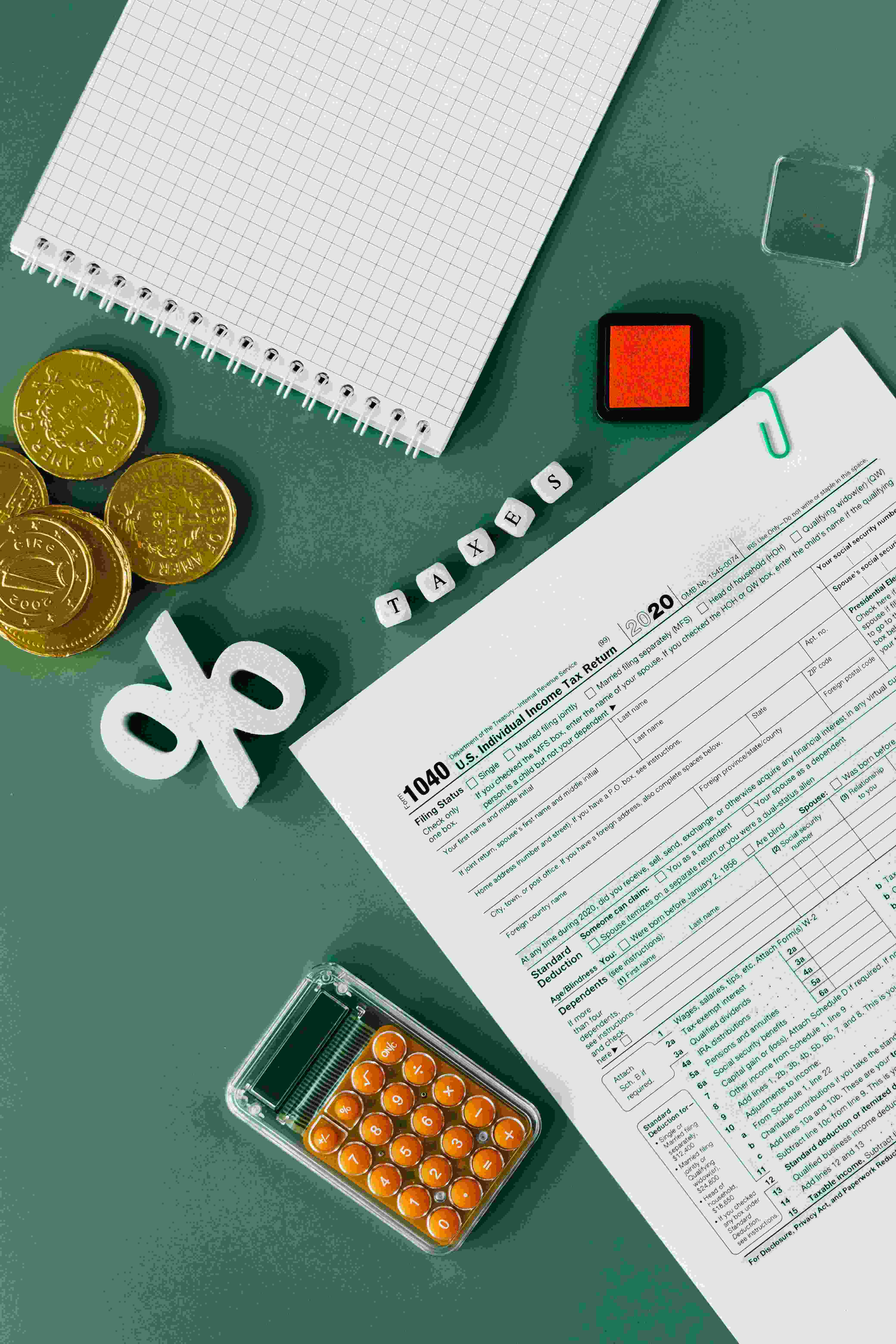Tax Implications of Selling a Main Residence vs. Buy-to-Let Property in the UK.

Tax Implications of Selling a Main Residence vs. Buy-to-Let Property in the UK
Selling a residential property in the UK can lead to significant tax implications, depending on whether the property is your main residence or a buy-to-let property. These tax liabilities become even more complex when the property is jointly owned with a spouse or children.
In this blog, we also provide an illustration of tax savings if the property value exceeds £750,000, especially for higher-rate taxpayers, and strategies to minimize the tax burden. For expert advice, Acumen Accountants and Tax Advisers can assist you in navigating the tax complexities.
---
Selling a Property Over £750,000: Tax Implications and Illustration
Scenario:
Property Value: £750,000
Original Purchase Price: £500,000
Allowable Expenses: £20,000 (e.g., legal fees, renovations)
Gain on Sale: £750,000 - (£500,000 + £20,000) = £230,000
Ownership: Single owner (higher-rate taxpayer)
---
If the Property Is a Main Residence
Private Residence Relief (PRR):
If the property has been your sole/main residence for the entire ownership period, the gain (£230,000) will be fully exempt from Capital Gains Tax (CGT).
If the property was rented out for part of the ownership period, you may be eligible for partial PRR and Lettings Relief (up to £40,000).
---
If the Property Is a Buy-to-Let
As a buy-to-let property, PRR does not apply. The £230,000 gain will be taxed after deducting your CGT allowance.
Calculation for Higher-Rate Taxpayer
Annual CGT Allowance: £6,000 (2024/25 tax year)
Taxable Gain: £230,000 - £6,000 = £224,000
CGT Rates for Residential Properties:
28% for higher-rate taxpayers.
Tax Liability: £224,000 × 28% = £62,720
---
Strategies to Reduce Tax Liability for Higher-Rate Taxpayers
1. Joint Ownership with Spouse
Transfer part of the ownership to a lower-rate taxpayer spouse before the sale to split the gain.
Example: If the gain is split equally (£112,000 each), the lower-rate taxpayer spouse will pay CGT at 18% (instead of 28%), saving thousands.
2. Maximizing Allowable Expenses
Deduct all eligible costs, such as:
Stamp Duty Land Tax (SDLT) paid at purchase.
Renovation and improvement costs.
Legal, survey, and estate agent fees.
3. Timing the Sale
If possible, stagger the sale across two tax years to utilize two CGT allowances (£12,000 total for a single owner).
4. Investing in Pensions
Higher-rate taxpayers can reduce taxable income by making pension contributions, effectively lowering their CGT rate.
5. Gift a Share to Children
Before the sale, gifting a share to adult children may help spread the tax liability, though this could trigger immediate CGT for the donor.
---
Example: Tax Savings Illustration for Joint Ownership (Buy-to-Let)
By transferring ownership to a lower-rate taxpayer (e.g., spouse), the effective CGT rate decreases, saving £31,360 in tax.
---
Steps to Ensure Compliance
1. Report Sale to HMRC:
Report the property sale and pay CGT (if applicable) within 60 days of completion using HMRC’s online portal.
2. Valuation and Documentation:
Keep detailed records of the purchase price, improvement costs, and selling price. These are essential for calculating CGT and ensuring compliance.
3. Plan Transfers in Advance:
For joint ownership transfers, ensure they are documented and completed before the sale to legally reduce CGT liability.
4. Seek Professional Advice:
Engage a qualified tax advisor to navigate the complexities of property tax planning and ensure compliance with HMRC regulations.
---
Why Choose Acumen Accountants and Tax Advisers?
At Acumen Accountants and Tax Advisers, we specialize in property tax planning for individuals and joint property owners, helping you minimize tax liabilities while ensuring compliance. Our services include:
Capital Gains Tax (CGT) calculations and reporting.
Advice on maximizing Private Residence Relief (PRR) and other allowances.
Strategies for joint ownership tax planning with spouses or children.
Guidance on gifting properties and inheritance tax implications.
Ensuring compliance with HMRC requirements.
---
Contact Us Today
For personalized advice on selling your residential or buy-to-let property, get in touch with Acumen Accountants and Tax Advisers:
Contact :
📞 07534473220
🌐 www.acumenagc.com
✉ info@acumenagc.com
🏢 37th Floor, 1 Canada Square, London E14 5DY
📅 Book Online Meeting Here
---
Final Thoughts: Plan Ahead for Tax Efficiency
Selling a high-value property, whether your main residence or a buy-to-let, can lead to significant tax implications, especially for higher-rate taxpayers. By leveraging reliefs, splitting ownership, and optimizing allowable expenses, you can significantly reduce your tax burden. Proper planning and expert advice are crucial to maximizing savings.
Let Acumen Accountants and Tax Advisers help you navigate every stage of your property sale and ensure you’re fully compliant with HMRC regulations.